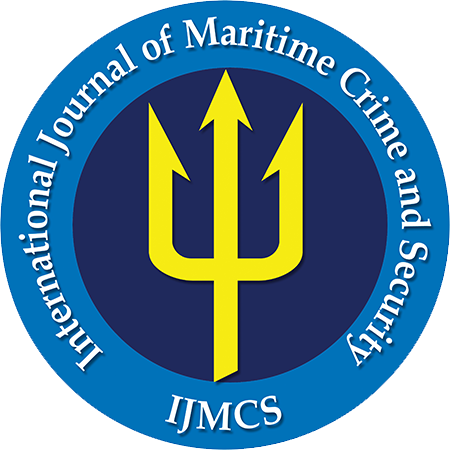This article discusses the use of PCASPs as an alternative or additional layer of protection on board ships in the fight against maritime piracy and armed robbery at sea from an international law perspective based on legal positivism. A concern is that clear-cut, international legal rules are missing on PCASPs. A particular concern is the use of force by PCASPs.
The IMO, the shipping- and PMSC industry have had to resort to soft-law instruments and self-regulations. The perceived lack of legal rules concerning PCASPs and PMSCs has resulted in a lot of criticism. But does international law on maritime piracy need to develop binding international legal rules’ that are directly applicable to PCASPs? My findings are that the existing legal framework, in the Law of the Sea, SOLAS Convention, customary international law on self-defence together with the non-binding IMO guidelines and the shipping industry’s and PMSC’s self-regulations, as implemented by national laws, gives the necessary framework to adequately address the issue of PCASPs as protection against maritime piracy.
The article describes maritime piracy, piracy hotspots and how interventions against piracy differ according to regions. It analyses the current legal framework on maritime piracy and armed robbery at sea in UNCLOS and the SUA Convention, flag-state jurisdiction and national laws. It defines “soft-law” and goes through regulations on PCASPs from the Montreux Document and ICoC to regulations that directly address the use of PCASPs on board ships, as the IMO Guidelines, ISO Standards, the industries standard agreements and the Guidance on the use of force.
Download Full Text Here



